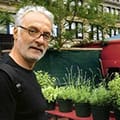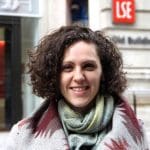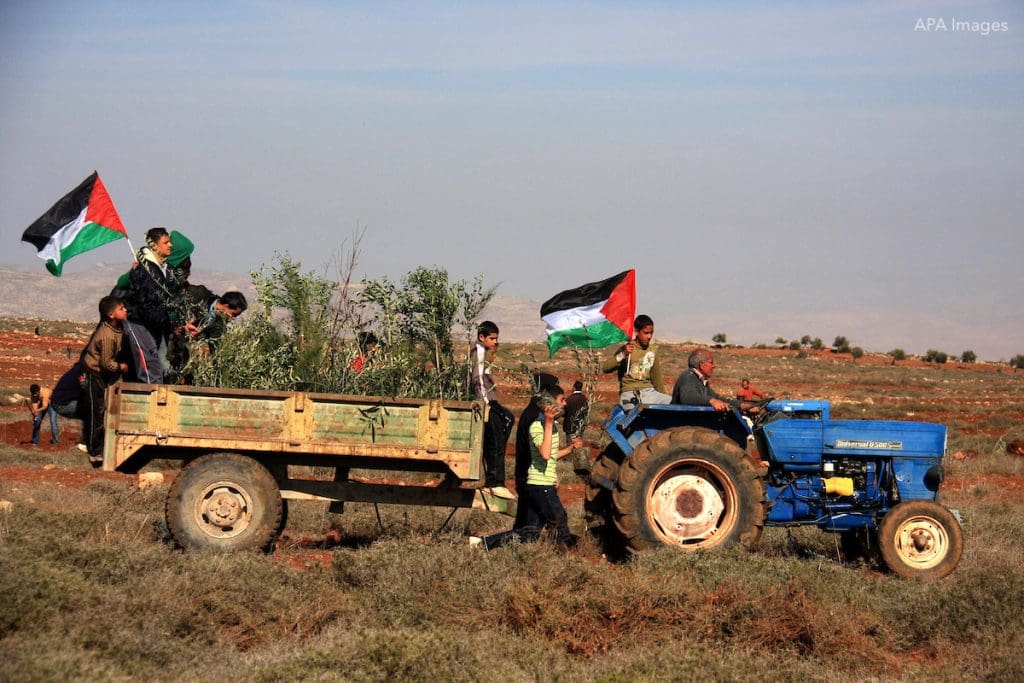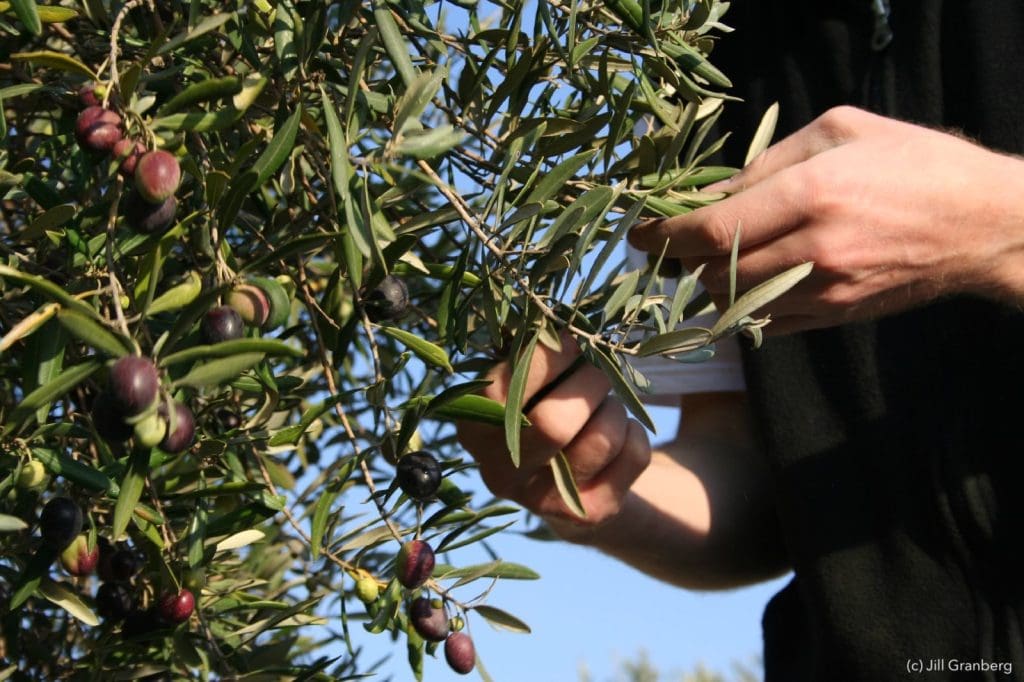Rami Zurayk is professor of Ecosystem Management in the Faculty of Agricultural and Food Sciences at the American University of Beirut (AUB), and author of Food, Farming and Freedom: Sowing the Arab Spring, and War Diary: Lebanon 2006, among other titles. He is a longtime activist for political and social justice. Zurayk’s current research focuses on the relationship between landscapes and livelihoods, on food politics, and on local food systems. After the July 2006 Israeli war on Lebanon, he created a post-war development program, Land and People, to aid in livelihood recovery. He blogs at “Land and People” and tweets at @ramizurayk.
From this author
Historic Palestine has long had an abundance of natural resources, ranging from fresh and ground water, arable land and, more recently, oil and natural gas. In the seven decades since the establishment of the state of Israel, these resources have been compromised and exploited through a variety of measures. These include widespread Palestinian dispossession of land in the ongoing Nakba, exploitation of water through failed negotiations, and a finders-keepers approach to gas and oil found in or under occupied land.
For Palestinians, agriculture is more than a source of income or an economic category in budgets and plans. It is tied to the people’s history, identity, and self-expression, and drives the struggle against Israel’s Separation Wall. In this brief, Lebanese activist, author, and agronomist Rami Zurayk joins Al-Shabaka Policy Advisors Samer Abdelnour and Alaa Tartir to tackle the almost spiritual significance of the land to the Palestinians and the deliberate Israeli efforts to break the link between farmers and their crops.
















